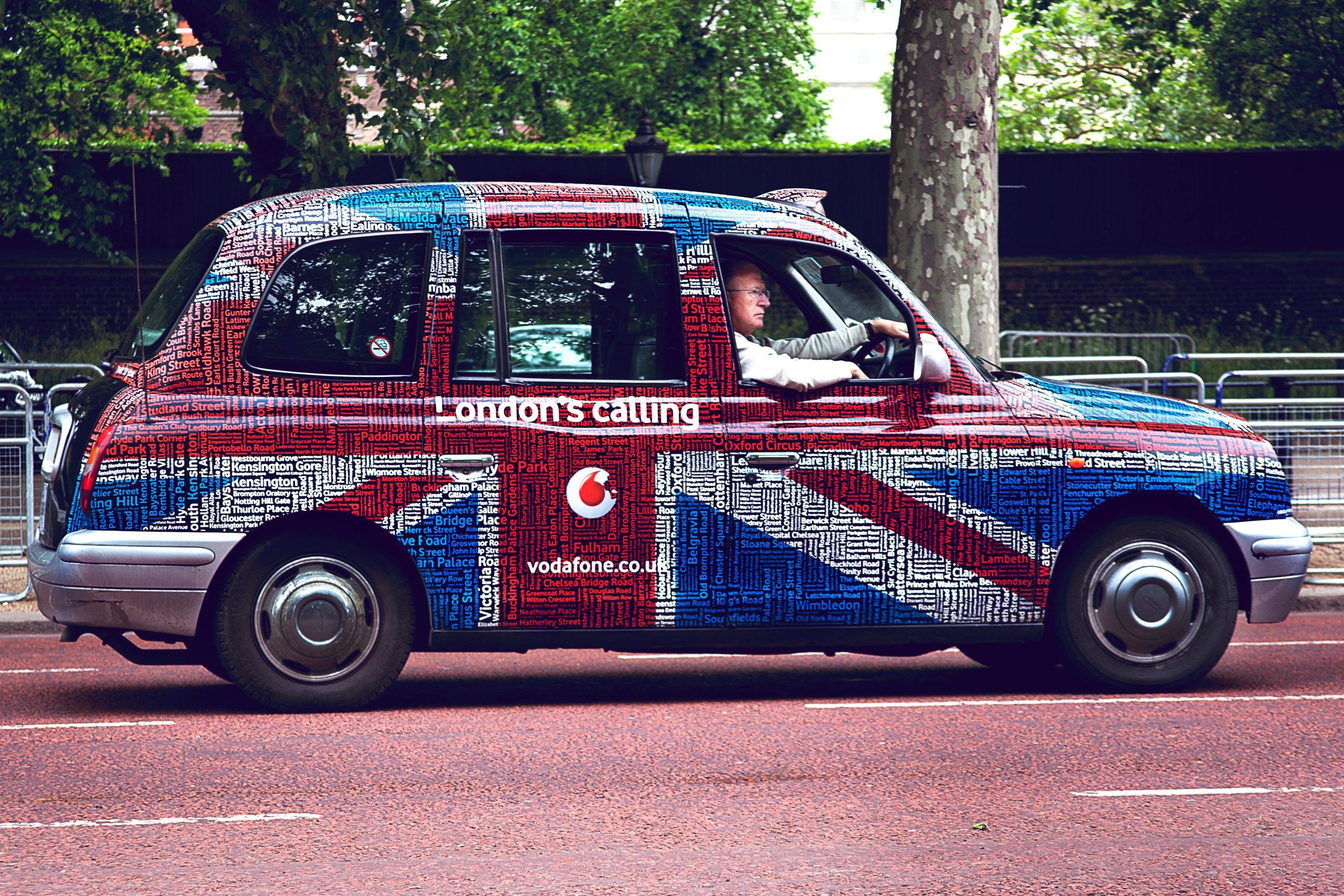Understanding the Challenges of Dealing with Uninsured or Underinsured Trucking Companies: A Case Study
In the realm of commercial trucking, accidents can lead to complex legal and insurance complications—particularly when the responsible party appears to lack valid coverage. Recently, a situation emerged involving a minor highway collision caused by a trucking company that seems to be uncooperative and possibly uninsured. Here’s a detailed overview of the scenario and some guidance on navigating such circumstances.
Case Overview:
A vehicle was involved in a minor collision on the highway, where a truck merged unsafely over double solid lines, resulting in approximately $11,000 worth of damages. The truck driver provided insurance details at the scene, and a photo was taken of the policy information. However, upon verification, it was discovered that the policy the driver claimed was active had actually been canceled two months prior to the incident.
Attempts to Communicate:
Efforts were made to contact the trucking company’s management. The driver’s supervisor responded by instructing a callback once he’s available, but subsequent calls have gone unanswered. An online search through the Department of Transportation (DOT) database revealed that the company’s only active insurance coverage was with Geico Marine, a policy unrelated to commercial trucking. This raises suspicion that the trucking firm might be employing non-standard insurance practices—potentially to sidestep traditional minimum insurance requirements.
Regulatory Filings and Possible Strategies:
Notably, the company filed their MCS-150 report—a form required by federal regulators—just three days after the accident date. This timing could suggest an intent to update or conceal coverage status, adding a layer of complexity to pursuing a claim.
Legal and Insurance Considerations:
The driver involved is covered by full personal insurance; however, he was working for Uber at the time of the accident. Uncertainty exists around whether Uber’s insurance policy might apply, or whether it would cover damage in this specific scenario. Furthermore, there is concern that informing personal insurance about Uber activity could jeopardize coverage or lead to denial of claims.
Key Questions:
- Is the trucking company’s delay indicative of an attempt to avoid liability?
- Should immediate legal action be pursued, such as consulting an attorney or sending a certified demand letter?
- Would filing a lawsuit be a prudent step at this stage?
- Are there other insurance policies that might be in place but are not publicly listed?
- Should ongoing attempts be made to contact the trucking company directly, or is it better to proceed through insurance channels?
Expert Recommendations:
When



